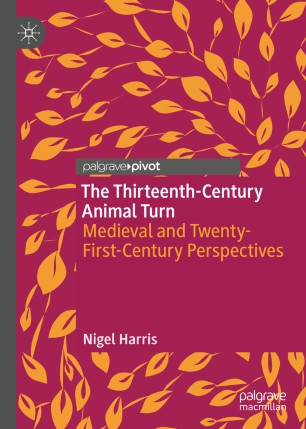

Most ebook files are in PDF format, so you can easily read them using various software such as Foxit Reader or directly on the Google Chrome browser.
Some ebook files are released by publishers in other formats such as .awz, .mobi, .epub, .fb2, etc. You may need to install specific software to read these formats on mobile/PC, such as Calibre.
Please read the tutorial at this link: https://ebookbell.com/faq
We offer FREE conversion to the popular formats you request; however, this may take some time. Therefore, right after payment, please email us, and we will try to provide the service as quickly as possible.
For some exceptional file formats or broken links (if any), please refrain from opening any disputes. Instead, email us first, and we will try to assist within a maximum of 6 hours.
EbookBell Team

4.0
66 reviewsThe Thirteenth-Century Animal Turn: Medieval and Twenty-First-Century Perspectives examines a wide range of texts to argue in favour of a thirteenth-century animal turn which not only generated a heightened scholarly awareness of animals but also had major implications for society more generally. Using diverse primary sources, the book considers the role of Aristotle in shaping thirteenth-century perspectives on natural history; Pope Innocent III’s encouraging the use of animals in the theological and moral instruction of the laity; the increasing relevance of animals to the promotion and assertion of lay aristocratic identity; and the tension between violence and affection towards animals that pervaded the thirteenth century as it does the twenty-first. Analysing these many considerations, Nigel Harris also argues that the thirteenth century was an era in which traditional conceptions of the fundamental ‘anthropological difference’ between humans and animals was subjected to increasingly urgent questioning and challenge.